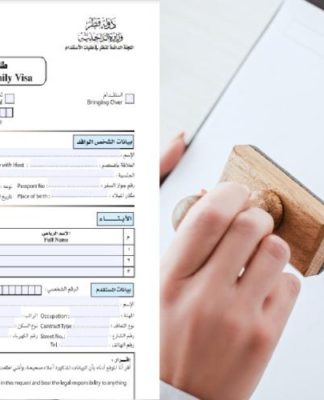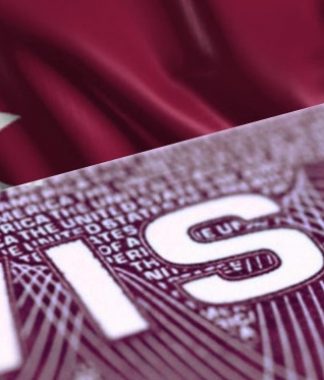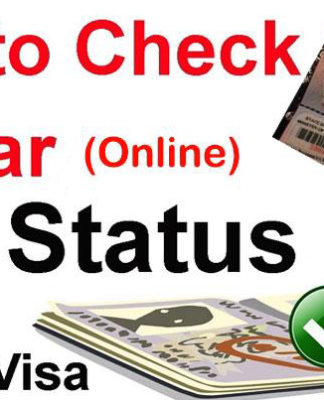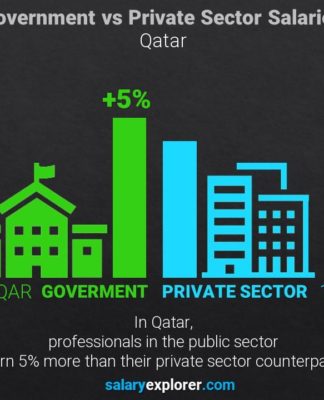Americas
Supreme Court debates legality of Biden plan to cancel $430 billion in student debt
Issued on: 28/02/2023 – 18:14
Student debt relief advocates gather outside the Supreme Court on Capitol Hill in Washington, Tuesday, February 28, 2023
Student debt relief advocates gather outside the Supreme Court on Capitol Hill in Washington, Tuesday, February 28, 2023 © Patrick Semansky, AP
Text by:
NEWS WIRES
4 min
Conservative US Supreme Court justices on Tuesday signaled skepticism over the legality of President Joe Biden’s plan to cancel $430 billion in student debt for about 40 million borrowers during arguments in the case, with the fate of his policy that fulfilled a campaign promise in the balance.
The nine justices are weighing the Biden administration’s appeal of two lower court rulings blocking the policy that he announced last August in legal challenges brought by six conservative-leaning states and two student loan borrowers opposed to the plan’s eligibility requirements. The arguments were ongoing.
Under the Democratic president’s plan, the US government would forgive up to $10,000 in federal student debt for Americans making under $125,000 who took out loans to pay for college and other post-secondary education and $20,000 for recipients of Pell grants awarded to students from lower-income families.
US Solicitor General Elizabeth Prelogar, defending the program on behalf of the Biden administration, faced skeptical questions particular from conservative members of the court including Chief Justice John Roberts and Justices Samuel Alito, Clarence Thomas and Brett Kavanaugh.
Roberts questioned whether the scale of the relief announced by Biden could be considered a mere modification of an existing student loan program.
“We’re talking about half a trillion dollars and 43 million Americans. How does that fit under the normal understanding of ‘modify’?” Roberts asked.
The policy, intended to ease the financial burden on debt-saddled borrowers, faced scrutiny by the court under the so-called major questions doctrine. Its 6-3 conservative majority has employed this muscular judicial approach to invalidate major Biden policies deemed lacking clear congressional authorization.
Liberal Justice Sonia Sotomayor also noted the high-dollar amount at issue.
“How do you deal with that?” Sotomayor asked Prelogar. “That seems to favor the argument that this is a major question.”
“Here were think that there are any number of additional factors to demonstrate that this does not fit the ‘major questions’ paradigm,” Prelogar said. “And the first thing I would point to is this is not an assertion of regulatory authority at all. This is the administration of a benefits program.”
Biden’s administration has said the plan is authorized under a 2003 federal law called the Higher Education Relief Opportunities for Students Act, or HEROES Act, that allows student loan debt relief during wartime or national emergencies.
Many borrowers experienced financial strain during the COVID-19 pandemic, a declared public health emergency. Beginning in 2020, the administrations of President Donald Trump, a Republican, and Biden, a Democrat, repeatedly paused federal student loan payments and halted interest from accruing, relying upon the HEROES Act.
Questioned by Alito about whether a member of Congress would consider this policy a major question, Prelogar said, “Of course, we acknowledge that this is an economically significant action. But I think that can’t possibly be the sole measure for triggering application of the major questions doctrine.”
Prelogar also said that “national policies these days frequently do involve more substantial costs or trigger political controversy.”
The program fulfilled Biden’s 2020 campaign promise to cancel a portion of the nation’s $1.6 trillion in federal student loan debt but was criticized by Republicans and others as an overreach of his authority.
‘Massive new program’
Roberts told Prelogar that the case reminded him of an effort by Trump that was blocked by the Supreme Court to end a program that protects from deportation hundreds of thousands of immigrants, often called “Dreamers,” who entered the US illegally as children.
“This is a case that presents extraordinarily serious, important issues about the role of Congress and about the role that we should exercise in scrutinizing that – significant enough that the major questions doctrine ought to be considered implicated?” Roberts asked.
Kavanaugh said that while Congress, in the HEROES Act, did not specifically authorize loan cancellation or forgiveness, Biden’s administration acted to implement a “massive new program. That seems problematic.”
Daily newsletter
Receive essential international news every morning
Subscribe
Hundreds of demonstrators jammed the sidewalk in front of the court building, rallying in favor of Biden’s relief plan. In a message posted to Twitter, Biden wrote, “The relief is critical to over 40 million Americans as they recover from the economic crisis caused by the pandemic. We’re confident it’s legal.”
Biden’s administration contends that the challengers have not suffered the sort of legal injury needed to give them the proper standing to bring their lawsuits. The challengers have said Biden’s administration failed to provide an adequate legal underpinning for the program.
In the legal challenge brought by individual borrowers Myra Brown and Alexander Taylor, Texas-based U.S. District Judge Mark Pittman ruled the student loan forgiveness program lacked “clear congressional authorization.” The New Orleans-based 5th U.S. Circuit Court of Appeals declined to put Pittman’s decision on hold pending appeal.
Missouri-based US District Judge Henry Autrey found the states – Arkansas, Iowa, Kansas, Missouri, Nebraska and South Carolina lacked the legal standing to sue. On appeal, the St. Louis-based 8th US Circuit Court of Appeals found at a minimum that Missouri likely had standing to sue and that court temporarily blocked the Biden program from taking effect while the case proceeded.
(Reuters)
STUDENTS
JOE BIDEN
US SUPREME COURT
DEBT
EDUCATION






























